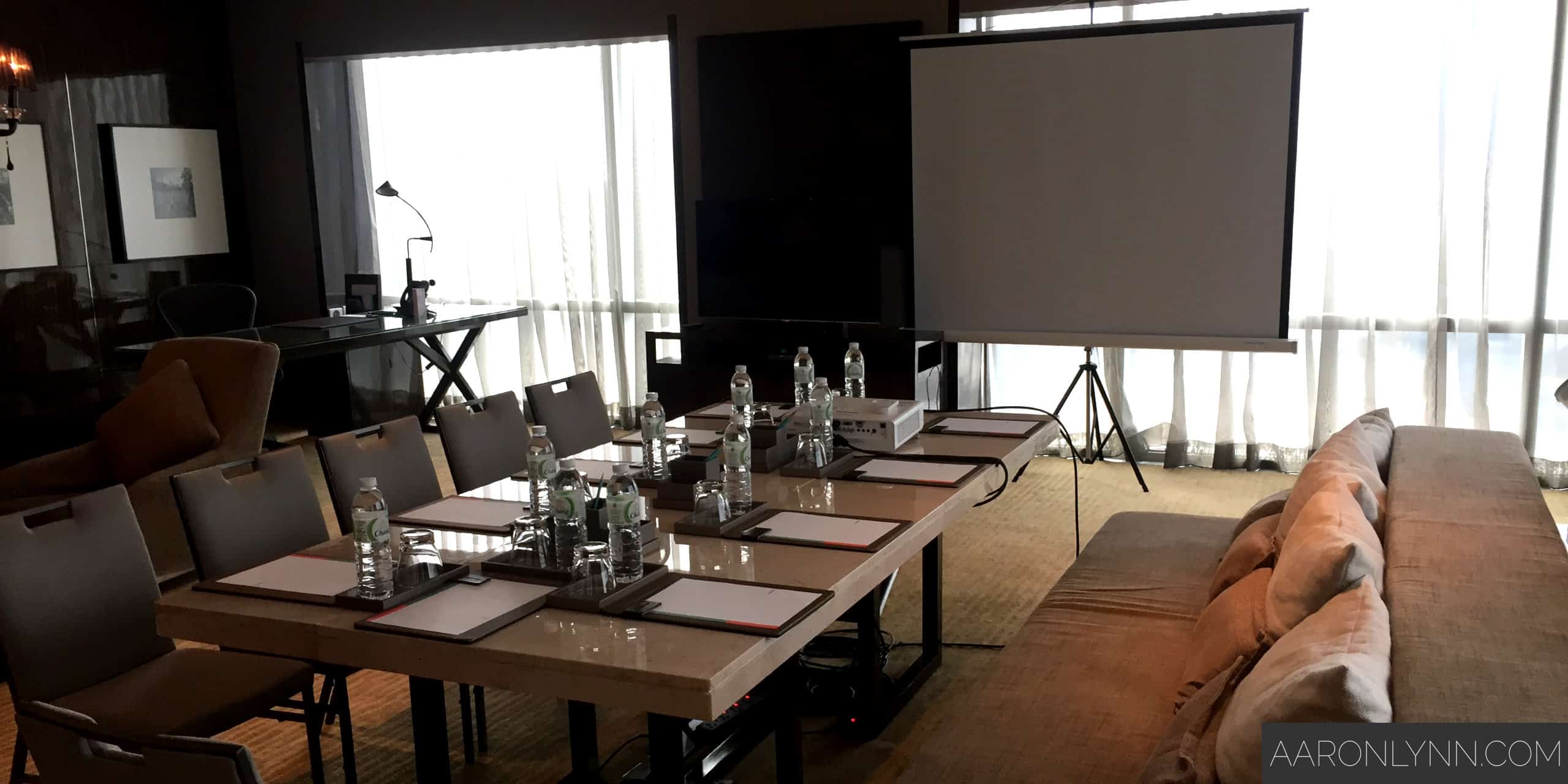
We all have 24 hours in a day.
Eight of those hours we are asleep.
So how are we supposed to do everything we want in the remaining 16 hours?
The answer is, we don’t.
The answer is we pick three things that we really want to get done, and focus on those.
Why Pick Three?

In Evolution, I wrote about a high-level mastermind that I attended in Bangkok many years ago.
At that same event, one of the attendees introduced the pick three concept, based on his experience working with Fortune 500 CEOs and high-level business people.
He said that if you want to do really well at something in life, you have to put a lot of time, effort and resources into it.
By doing this we maximise our chances of doing exceptionally well at the three things we have chosen, because extraordinary results require extraordinary inputs.
How Pick Three Works
Pick three is simple.
You take your areas of life:
- Health.
- Wealth.
- Relationship.
- Family.
- Social.
- Play.
- Learning/knowledge/spirituality/evolution.
And you pick three.
For most people, sleep (as part of health) will be one of the three areas — so that’s one area gone already.
From there, you choose two more areas to focus on:
- For some this may be family and career.
- For students, it may be learning and social.
- For others, it may be health and career.
And then those two areas and sleep will make their way into your planning of goals, systems, outcomes, habits and more.
It’s a simple concept, and I go into its execution in detail in Resilient.
What About Everything Else?
Now that you’ve chosen three areas to focus on, what happens to everything else?
Well just because you aren’t focused on an area, that doesn’t mean you don’t do anything in it at all.
What you need to do is the bare minimum effort to maintain that area and stop it from decaying.
There are many ways to think about this.
- Nassim Nicholas Taleb calls these treadmill tasks — do what you need to do to stay in the same place.
- Tim Ferriss has a similar concept called minimum effective dose.
- I refer to these as standards.
For example, if play isn’t one of your three areas, you don’t really need to watch TV or browse social media, but a little bit here and there doesn’t hurt.
If health isn’t one of your three areas, you won’t be working out five times a week, but a brisk walk a couple of times a week and trying to eat healthy is perfectly fine.
Once you know what areas aren’t in your three chosen areas, you need to make your own decisions about what the bare minimum is to maintain your other areas.
Why Pick Three Works
Pick three works because of the raw hours and physics.
You have 24 hours in a day.
Eight are given up to sleep.
With the 16 hours left, you use a couple to commute, shower and eat.
And whatever is left is all you have to work with for focus and progress.
If you divide this remaining time amongst many things, they will progress at a mediocre rate… or they may not progress at all.
If you want to push the boundaries of your results, you must pick three.
Advanced Pick Three
Pick three works.
It is eerily similar to the idea of having three points of focus at each cascading timeframe.
And you don’t pick the same three areas forever. As your life circumstances change, your chosen three areas will change.
Pick three is also a form of selective ignorance — a way to mitigate accidental impact events that you just don’t want to deal with.
What To Do Next
Write out your areas of life.
And pick three.